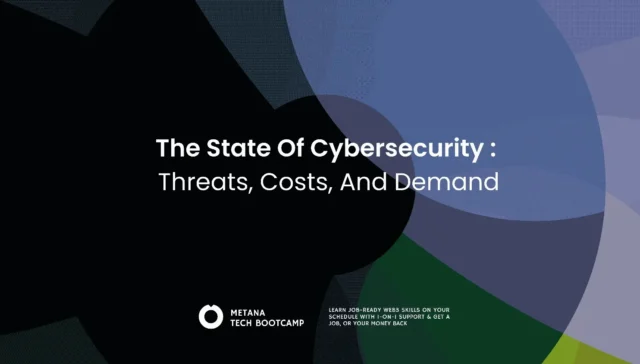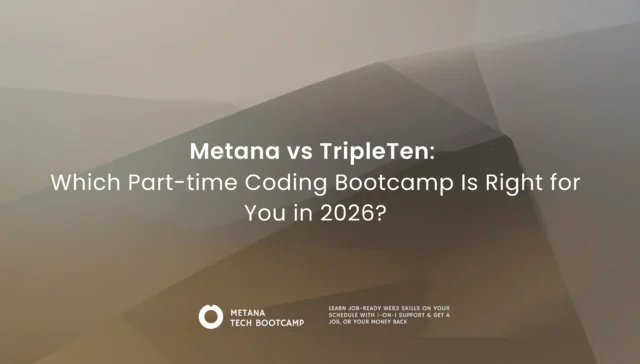In today’s digital world, providing secure communication online is very important. The risk of exposing sensitive information is a significant concern for both individuals and businesses. SSL/TLS certificates, the backbone of encrypted data transfer, are essential for protecting sensitive information. ACME protocol has revolutionized the process of obtaining and managing these certificates. However, the journey to obtain these certificates involves overcoming specific challenges known as ACME Challenges.
This article delves deep into the concept of ACME challenges discussing their purpose, types and the role they play to help keep digital identities safe. By understanding ACME challenges, organizations and individuals can strengthen their online security posture and protect sensitive data from malicious threats.
What is ACME and It’s Challenges?

ACME (Automatic Certificate Management Environment) is a protocol designed to make the process of obtaining and installing SSL/TSL Certificates easy. Ensuring secure communication between the client and the server is very crucial in modern web development. However, obtaining these certificates is not a simple task. Thats where the ACME Challenge introduces itself.
An ACHE Challenge is a type of verification process used by CAs (Certificate Authorities) to confirm that a particular user has full control over a specific domain. There are several types of ACME Challenges. Each type has its own method of verification. Following are the primary two types of Challenges.
1. HTTP-01
The HTTP-01 requires the user to place a specific file containing a random string in the webroot of your domain. This string will be randomly generated and provided by the Certificate Authorities. The process is relatively simple to implement. The primary drawback of this method is that it requires server access and can be a lot vulnerable to attacks.
2. DNS-01
The DNS-01 requires the user to create a DNS record by adding a random string that is generated and provided by the Certificates Authorities. The process is more secured compared to HTTP-01 and doesn’t require any server access. The primary drawback of this method is that it requires DNS management and is much slower compared to the HTTP-01 method.
What are SSL and TLS?
SSL (Secure Sockets Layer) and TLS (Transport Layer Security) are cryptographic protocols designed to provide secure communication over a computer network. They work by encrypting the data exchanged between a web server and a client (such as a web browser) to ensure that the data remains confidential and integral during transmission.
- SSL: Developed by Netscape in the 1990s, SSL was the first widely adopted protocol for securing web communications. However, due to various security vulnerabilities discovered over time, SSL has largely been replaced by its successor, TLS.
- TLS: TLS is the modern, more secure version of SSL. It was introduced as an upgrade to SSL with improvements in security and performance. TLS 1.0 is based on SSL 3.0, but subsequent versions (TLS 1.1, TLS 1.2, and TLS 1.3) have introduced further enhancements. Today, TLS is the standard protocol used for encrypting data transmitted over the internet.

What’s the use of a SSL/TLS Certificate: The SSL/TLS Certificate provides security for your website. It encrypts data shared between your website and users protecting sensitive information such as passwords, credit card details and personal data. These certificates ensures a secure communication online for your users and the website.
Overcoming ACME Challenge
Overcoming the ACME Challenge is very important to produce a secure website to your users. Although implementing these challenges can be a lot complexed, several tools and services automate the process, making it easier for website owners to overcome the ACME Challenge and obtain an SSL/TSL certificate for their website.

Importance of ACME Challenge: Secure online communication is something that all users will consider rather than leaving sensitive information at risk because a simple breach could lead to severe consequences including data theft and financial loss. ACME and its challenges are essential protocols to prevent such issues. Successfully completing the ACME challenge and demonstrating domain ownership will result in obtaining an SSL/TLS certificate, ensuring your website’s security.
Key Considerations When Getting Your Website Secured
- Choose a suitable challenge type:
- Assess your server and DNS capabilities to decide between HTTP-01 and DNS-01.
- Make use of automation tools:
- Make use of Automation tools to simplify the process of implementing and reduce errors.
- Regular certificate renewal:
- Ensure uninterrupted security by setting up automatic renewal of your SSL/TSL Certificate.
- Monitor challenge status:
- Keep track of challenge completion and resolve issues when prompted.
Conclusion: ACME Challenges
As the digital world evolves, the importance of ACME and its challenges are getting crucial. Understanding and implementing these challenges is fundamental for maintaining secure online communications. An SSL/TSL certificate ensures secure communication between users and the website encrypting any data being transmitted between.
Implementing secure communication on a website could lead to user satisfaction and trust, ultimately contributing to the overall success of the online platform. By leveraging tools and best practices to overcome ACME challenges, organizations can fortify their digital presence and safeguard sensitive information effectively.
FAQs
Why are SSL/TLS certificates important for my website?
- SSL/TLS certificates encrypt data between your website and visitors, protecting sensitive information and ensuring secure communication.
How do I implement SSL/TLS certificates on my site?
- You can implement SSL/TLS certificates by using tools like Certbot to generate and manage certificates, following ACME protocols for domain validation.
What types of ACME challenges are available?
- There are three types of ACME challenges: HTTP-01, DNS-01, and TLS-ALPN-01, each requiring different methods for proving domain control.
Can I automate the renewal of SSL/TLS certificates?
- Yes, using tools like Certbot and ACME protocols, you can automate the renewal process, ensuring continuous site security without manual intervention.
What are the consequences of not using SSL/TLS on my website?
- Without SSL/TLS, your site is vulnerable to attacks, data breaches, and loss of user trust, potentially impacting your reputation and search engine ranking.







